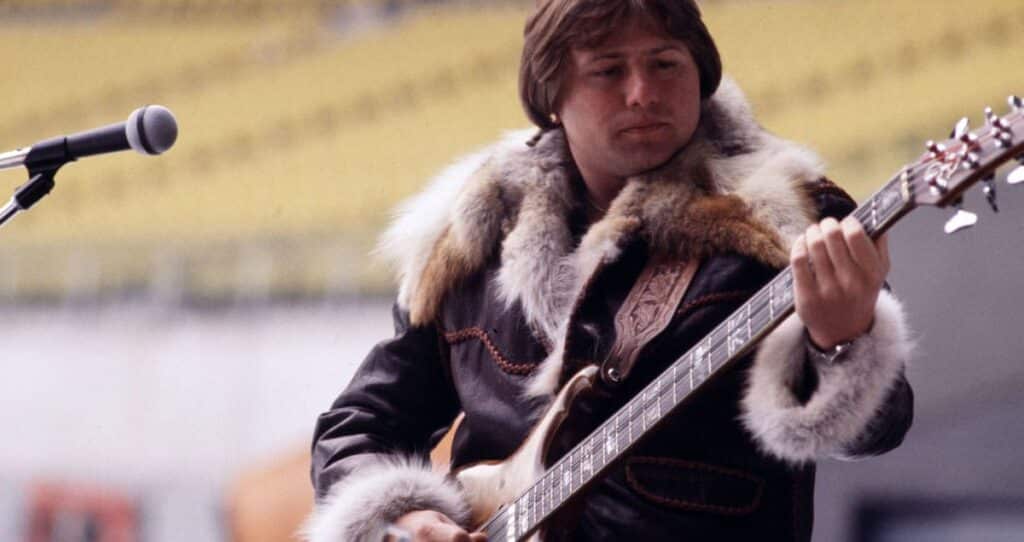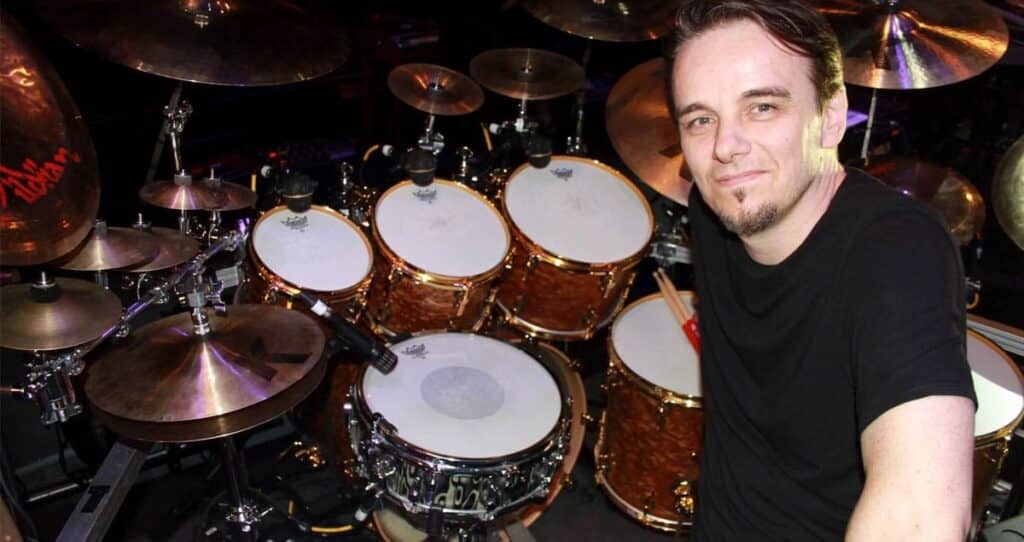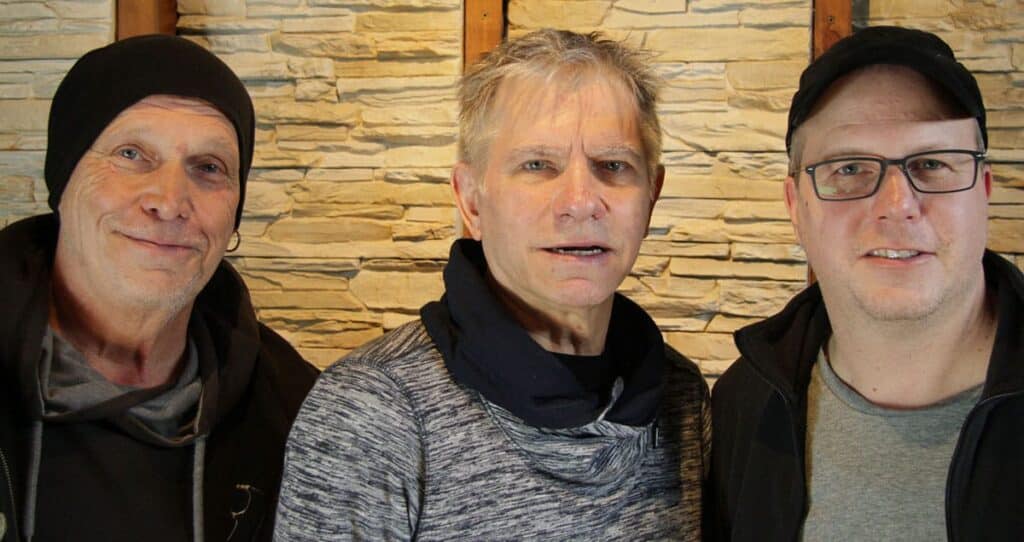Steve Hillage
Steve Hillage is an influential English guitarist, vocalist, and songwriter, recognized for his work in progressive rock, psychedelic rock, and electronic music. His innovative guitar techniques and exploration of cosmic and ambient sounds have earned him a notable place in the history of rock and electronic music. Biography: Full Name: Stephen Simpson Hillage Birthdate: August […]







